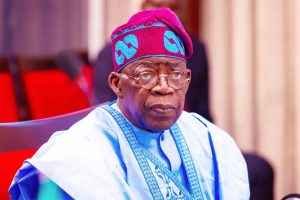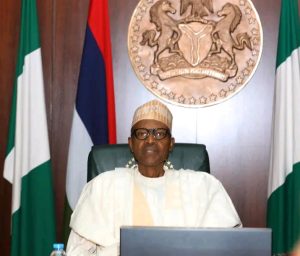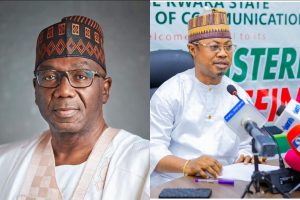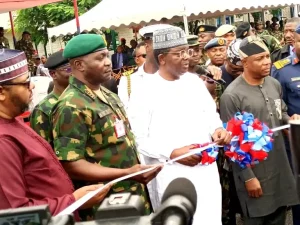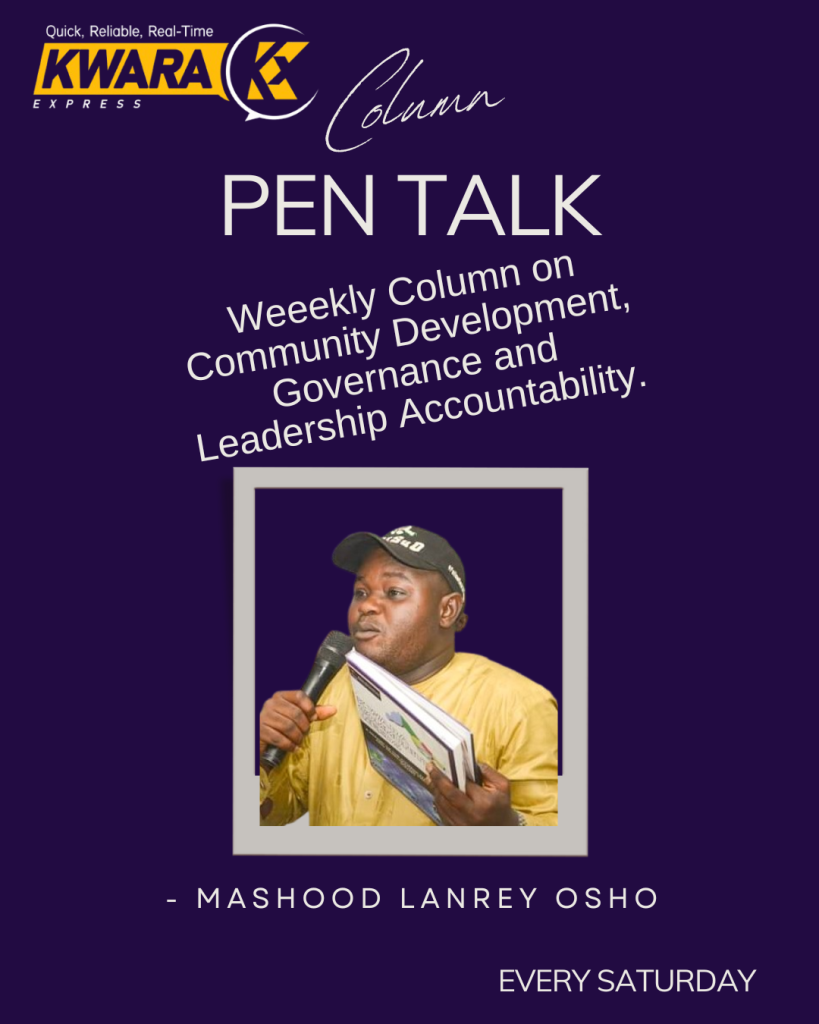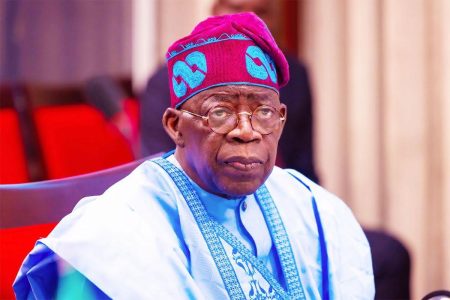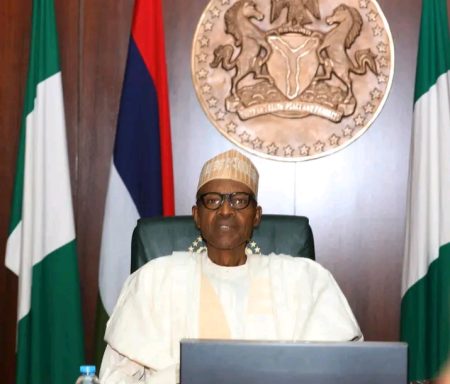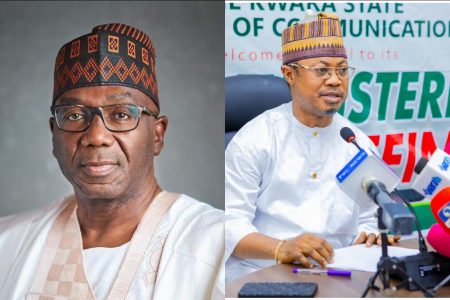Fellow Kwarans, I must confess that I’m compelled to write about every significant event that unfolds. As a columnist, it’s inherent in my nature to be eager to share my thoughts on societal happenings. Perhaps kwarans and Nigerians have a tendency to focus on trivial matters, but some issues demand attention and warrant a shift in our priorities toward progress.
The recent appointment of Daniel Bwala as Special Adviser, Media and Public Communications to President Bola Tinubu has sparked intense debate . Twitter and other social media platforms are abuzz with criticisms, as many question why Bwala accepted the role despite previously criticizing Tinubu.
As a columnist, I’m drawn to this paradox. Bwala’s appointment has ignited a firestorm of opinions, with some hailing it as a strategic move and others condemning it as a betrayal. What are your thoughts on this contentious issue? Should Bwala’s past criticisms disqualify him from serving in Tinubu’s administration?
The controversy surrounding Daniel Bwala’s appointment isn’t new in Nigeria. It’s surprising how quickly people forget. Remember Femi Fani-Kayode’s criticism of former President Olusegun Obasanjo? He later became Obasanjo’s Aviation Minister. In fact, Obasanjo once dismissed Fani-Kayode’s criticism, saying he wasn’t serious and would praise anyone who fed him.
History repeats itself. Other critics have joined governments, only to face criticism themselves, like Festus Keyamo, the current Aviation Minister. Reno Omokri might join Tinubu’s government, and people will still criticize him.The truth is, governments seek to co-opt human rights activists and critics. Not all critics are sincere, some seek personal gain. A typical example is The late Gani Fawehinmi, (SAN)a renowned lawyer and activist, criticized Abacha’s government alongside Dr Olu Onagoruwa (SAN) the two were like Siamese twins at a time.
They did everything together. Where you saw one, the other would not be far behind. Theirs was more than friendship . It was more of kinship.. They were there for each other.What led to their parting of ways was Onagoruwa’s decision to serve as attorney-general and minister of justice in the late Gen Sani Abacha regime. The late Fawehinmi did not want his bosom friend to take up the job. But Onagoruwa was prepared to serve the nation to prove a point that you could be in government and still do what is right.
The late Fawehinmi did not see it that way. He believed that his friend would compromise on becoming part of the government and asked him not to take the job. It was a painful parting of ways. For those who know, the late Fawehinmi did not do things in half measures. Whenever he drew the battle line, there was no going back. It was so in this instance. Right from the time his bosom friend took up the nation’s chief law officer’s job, he saw nothing good in him again, even after Onagoruwa had left office. The late Fawehinmi was highly critical of Onagoruwa that many did not know that they were so close before Onagoruwa came into the late Abacha regime.
The issue at hand has two sides. On one hand, we can’t fault critics for accepting government positions, as staying outside the system and continuously criticizing won’t necessarily bring about change. In fact, change often requires working from within, even if progress is slow.On the other hand, some individuals criticize the government solely to gain power and access to resources, often referred to as having their share of the national cake. However, those who take this path often face backlash.The truth is, activism isn’t easy. Governments typically strive to control activists, co-opting their influence to maintain power.
The reality remains that activists can join government and remain relevant. Notable examples include Adam Oshiomhole, Festus Keyamo, and Dr. Dele Alake, who transitioned from activism to government roles. Despite their past protests and lawsuits against corrupt governments, their current positions compromise their ability to advocate for the masses.The question remains. will their appointers, like the President, allow them to champion justice, equity, and fairness? The adage “he who pays the piper dictates the tune” suggests otherwise.
Daniel Bwala, a lawyer and politician, exemplifies this dilemma. Previously associated with Alhaji Atiku Abubakar’s presidential campaign, he now serves as Media Aide to President Bola Ahmed Tinubu. Similarly, Garuba Shehu transitioned from Atiku Abubakar’s media aide to Buhari’s government.Politics is about interest. In Kwara State, some former activists and journalists joined the current government, compromising their activism.
Many have said I’d accept an appointment from Governor Abdulrahamon Abdulrasaq and cease being an activist. However, I consider it a matter of interest. I’d evaluate the government’s focus, responsiveness, and leadership quality before deciding .If the government serves the people’s interests, I might accept an offer. Otherwise, I’d decline, prioritizing serving my people over political affiliation.The controversy surrounding Daniel Bwala’s appointment stems from his previous role as an opposition figure. However, this move is characteristic of President Bola Ahmed Tinubu’s strategic approach to politics. He has a unique ability to recognize the value of having former opposition members on his side.
I’ve been following Tinubu since 1992, and I have an extensive collection of his interviews with Nigerian newspapers in my mini Toki library. In fact, I have every single one of his interviews published in Nigerian newspapers since then. This has given me valuable insight into his political strategies and tactics. Tinubu’s political savvy is rooted in his understanding of Nigeria’s complex political landscape. He has mastered the art of converting potential adversaries into allies, a tactic inspired by the 48 Laws of Power, which emphasizes the importance of using enemies to one’s advantage.
This approach was influenced by the late Abiola, who taught him never to consider anyone a permanent enemy, as they may hold the key to future success. Tinubu’s effective use of this strategy contributed to his electoral victory during the last election.His broad appeal transcends party lines,
President Bola Ahmed Tinubu’s strategic approach to politics may potentially lead to a one-party system in Nigeria if the opposition isn’t cautious. His ability to convert adversaries into allies, as seen in Daniel Bwala’s appointment, is a testament to his shrewd political maneuvering . This tactic, inspired by the 48 Laws of Power, allows him to leverage former opposition members to strengthen his position.
Tinubu’s political savvy is rooted in his understanding of Nigeria’s complex political landscape, honed from his experience as Lagos State governor from 1999 to 2007 . His broad appeal transcends party lines, but the current economic hardship may erode his support base if left unchecked. The widespread suffering has reached a boiling point, with no religious group spared from the struggles.
To prevent this scenario, the opposition must remain vigilant and adapt their strategies to counter Tinubu’s moves. This may involve forging alliances, strengthening their grassroots presence, and presenting a unified front against his party . Only time will tell if the opposition can rise to the challenge and maintain a robust multi-party system in Nigeria.
God bless Nigeria.


